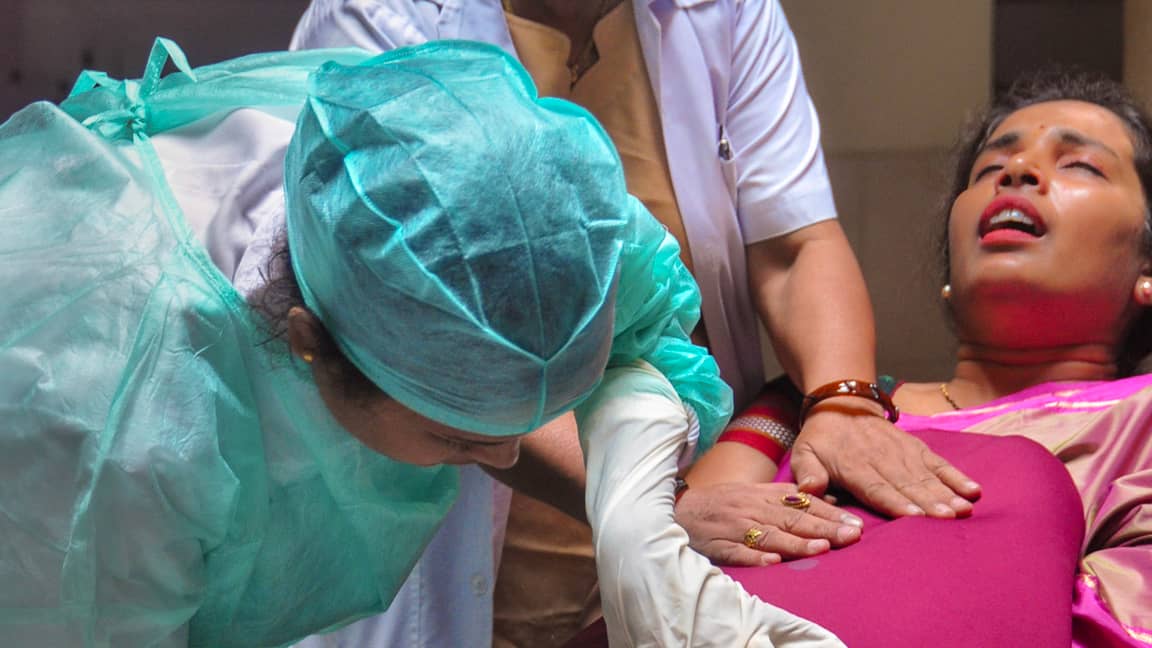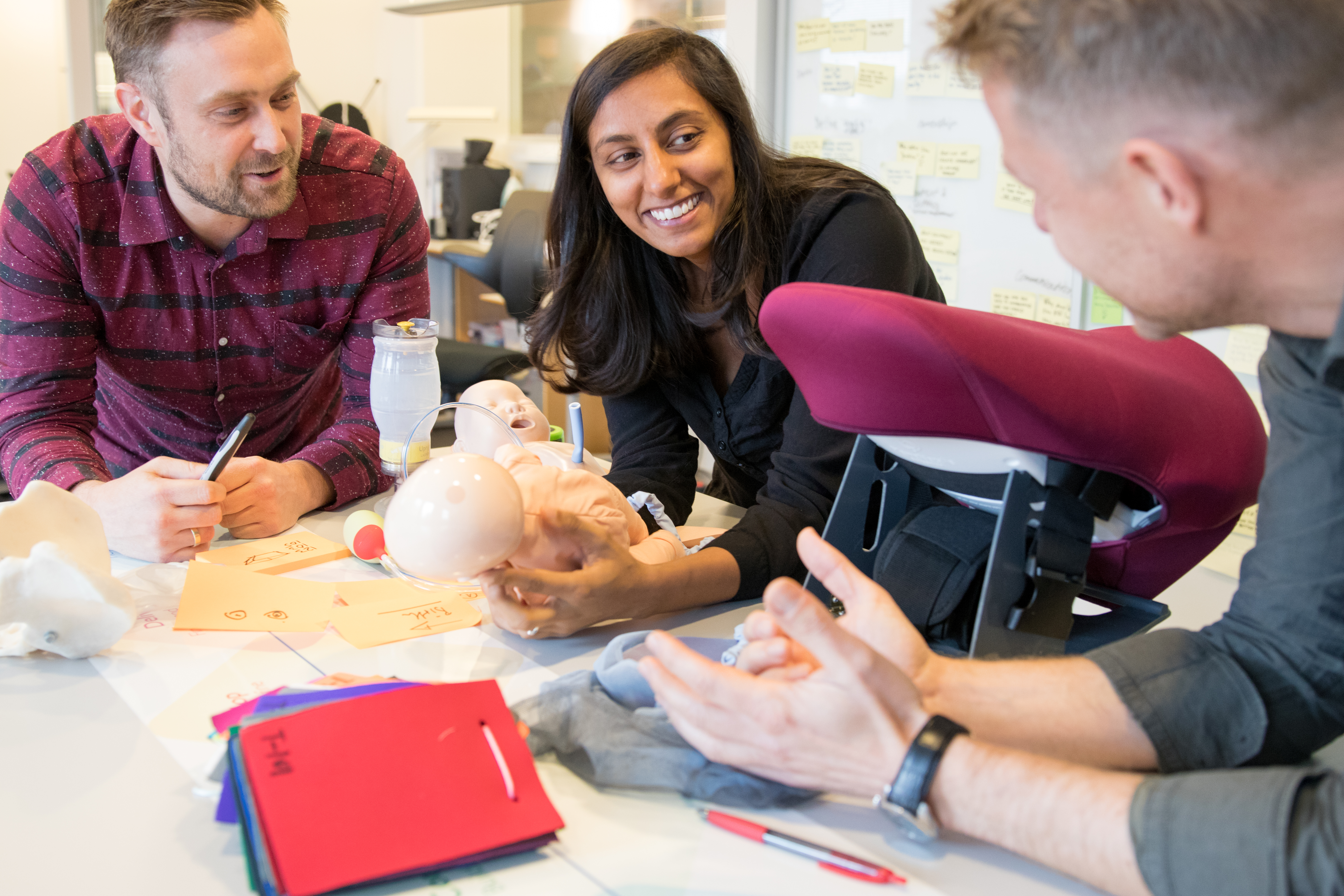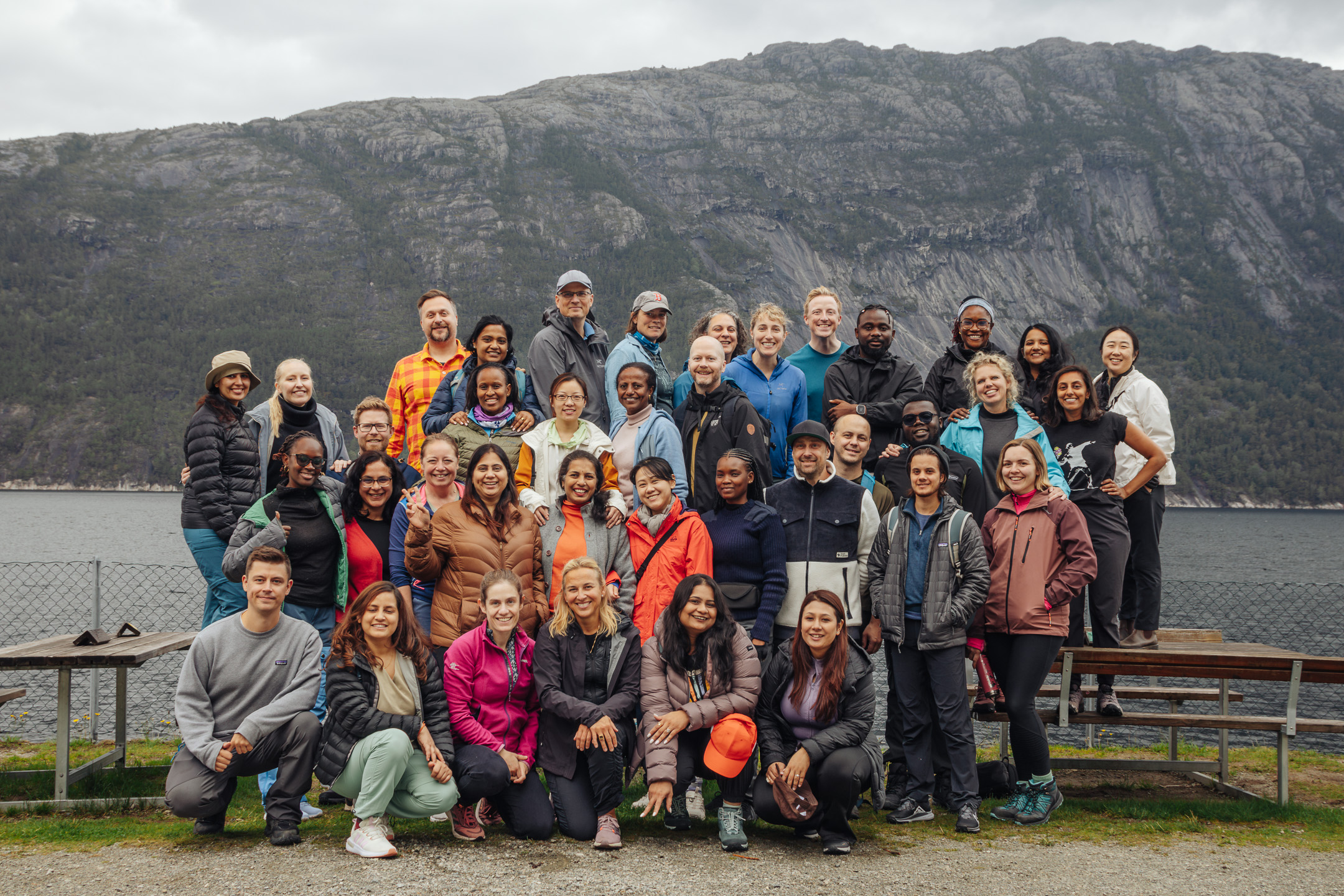
Our History
In 2010 Laerdal established the not-for-profit sister company, Laerdal Global Health (LGH), and became a dedicated member of the Helping Babies Breathe Global Development Alliance established by USAID.
Some years before, in 2007, the American Academy of Pediatrics (AAP) invited Laerdal to collaborate on developing a simplified and culturally-adapted course in newborn resuscitation to meet the needs in low-resource settings. Laerdal responded by providing educational design for the course that was to become known as Helping Babies Breathe (HBB) and the low-cost simulator, NeoNatalie, to make the training more engaging and effective.
Since then, large-scale studies that evaluated HBB programs in Tanzania and Nepal showed a 47% reduction in early 24-hour neonatal mortality and a 24% reduction in fresh stillbirths. This spurred further motivation to bring these innovations to scale.
Helping Mothers and Babies Survive
The interest that HBB raised triggered the question: if hundreds of thousands of birth attendants could be reached by this course, would this be an opportunity to also train them to prevent the leading cause of death for mothers, bleeding after birth?
Laerdal teamed up with Jhpiego, collaborating on the development of the birthing simulator MamaNatalie and the Helping Mothers Survive (HMS) training program.
With inclusion of the HMS program, the HBB alliance developed into the Survive & Thrive public-private partnership, including professional associations, the private sector and NGOs. Although the formal partnership ended in 2017, its educational programs are reaching more than 100,000 new birth attendants every year by being embedded in national programs and through initiatives such as 50,000 Happy Birthdays.

